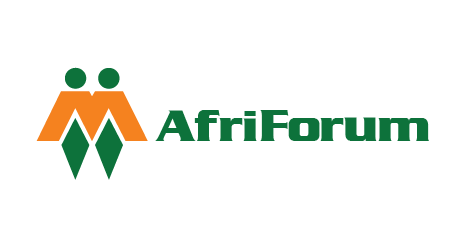By Ernst van Zyl
No free society enjoying the right to freedom of speech achieved it without immense sacrifice and struggle. It remains a very fragile human right, taken for granted by some, that can be lost much faster and easier than it was acquired. The South African philosopher N.P. van Wyk Louw recognised the essential value of this important human right when he said: “As vital as blood circulation is for the body, just as vital is the circulation of ideas for a nation. The circulation of ideas is the free expression of one’s own opinions and the attentive listening to the opinions of others, so that interaction takes place … and in time perhaps a mutual understanding and some common conviction may follow; it is the ‘open conversation’ not only between individuals, but also between groups. Without this, no healthy political life is possible.” Suffocating freedom of speech therefore amounts to political suicide.
As South Africa enters a new decade, many reflect on the previous one by discussing its constructive, as well as destructive features. A common notion is that the rise of “cancel culture” was the most regressive phenomena of the 2010s – different groups and/or individuals make it their mission to “deplatform” or sometimes even outright silence those who dare to disagree with their chosen narrative. This scorched earth tactic on the battlefield of ideas is often cleverly cloaked in passionate, emotional slogans, providing moral justification for ignoring rationality and reasonableness.
The successful labelling of the ideas of the targeted individual(s) as “dangerous to society” or a “threat to our democracy” or “racist”, even without proof, provides a moral basis to silence them with censorship or banning. The opposite is unfortunately true. The shutting down of dialogue, the stifling of vigorous debate between differing views – that is the true threat to a healthy democracy and most certainly dangerous to society. Without the vital right to freedom of speech, you will not possess the means of defending your other fundamental human rights. Therefore, one should argue that freedom of expression should in fact be the most cherished and vehemently defended human right of all, in any free society.
A common tactic observed when the outraged mob is out for blood is the constant use of labels in the direction of their chosen target. This is especially evident on social media. Rather than rationally justifying the removal of someone’s account or page from a social media site by citing specific instances of the accused’s reprehensible behaviour, they are simply attributed a generalising derogatory label – such as “racist”, “far right”, “fascist”, et cetera.
When one asks what behaviour justified such a damning label, it is often replied that the person in question so indisputably fits the label, that only the wilfully blind cannot see it. What I find most amusing, but also terribly disturbing about this tactic, is its eerie resemblance to the witch hunts and witch burnings of Medieval Europe. After all, according to the mob, the surest sign of someone being a witch back then, and a “racist” today, was their ardent denials of the accusation. I’m quite curious to know whether the contemporary witch hunters reckon that racists would sink or float?
Of further concern is the professions of some of these individuals we often see celebrating and/or encouraging the deplatforming or silencing of others with opposing views to theirs – thereby fanning the flames of outrage. Among their ranks count many comedians, cartoonists and even prominent journalists. What makes this particularly troublesome is that these are precisely the people one should expect to be fighting the most fervently for the preservation of freedom of speech, seeing as it is not only their livelihoods on the line, but also their self-respect and the soul of their professions. Those who are not permanently “cancelled” by the mob, survive only by starting to toe whatever line the whims of the mob dictate or allow. History has taught us that the mob is never satisfied, and there are more effective means of cleaning jackboots than using tongues.
People often look back at the worst dictatorships and authoritarian regimes in history and express their bafflement at how those societies could have allowed things to get that dire. What they fail to realise is that the people of those unfortunate countries didn’t just wake up under tyranny one morning – the situation declined one centimetre at a time. If you do not speak out against censorship or deplatforming because you disagree with the views of those affected, don’t be surprised when the thought sanitisers come for you one day, and there is no one left willing to speak up for you.
Many do not see the deplatforming or censorship of those they disagree with or those whose ideas they subjectively deem “dangerous” or “hateful” as a serious issue because the mechanisms of censorship and deplatforming are not being used on them, but rather on their enemies or those they dislike…for now. However, let us heed the warning of an old Turkish proverb, “When the axe came into the forest, many of the trees said, ‘At least the handle is one of us.’”
Ernst van Zyl is Strategy and Campaign Officer at AfriForum. He co-presents on the Podlitiek podcast and hosts the Stream of Consciousness live interview show on YouTube. Ernst usually posts on Twitter and YouTube under his pseudonym Conscious Caracal (follow him at https://twitter.com/ConCaracal).


